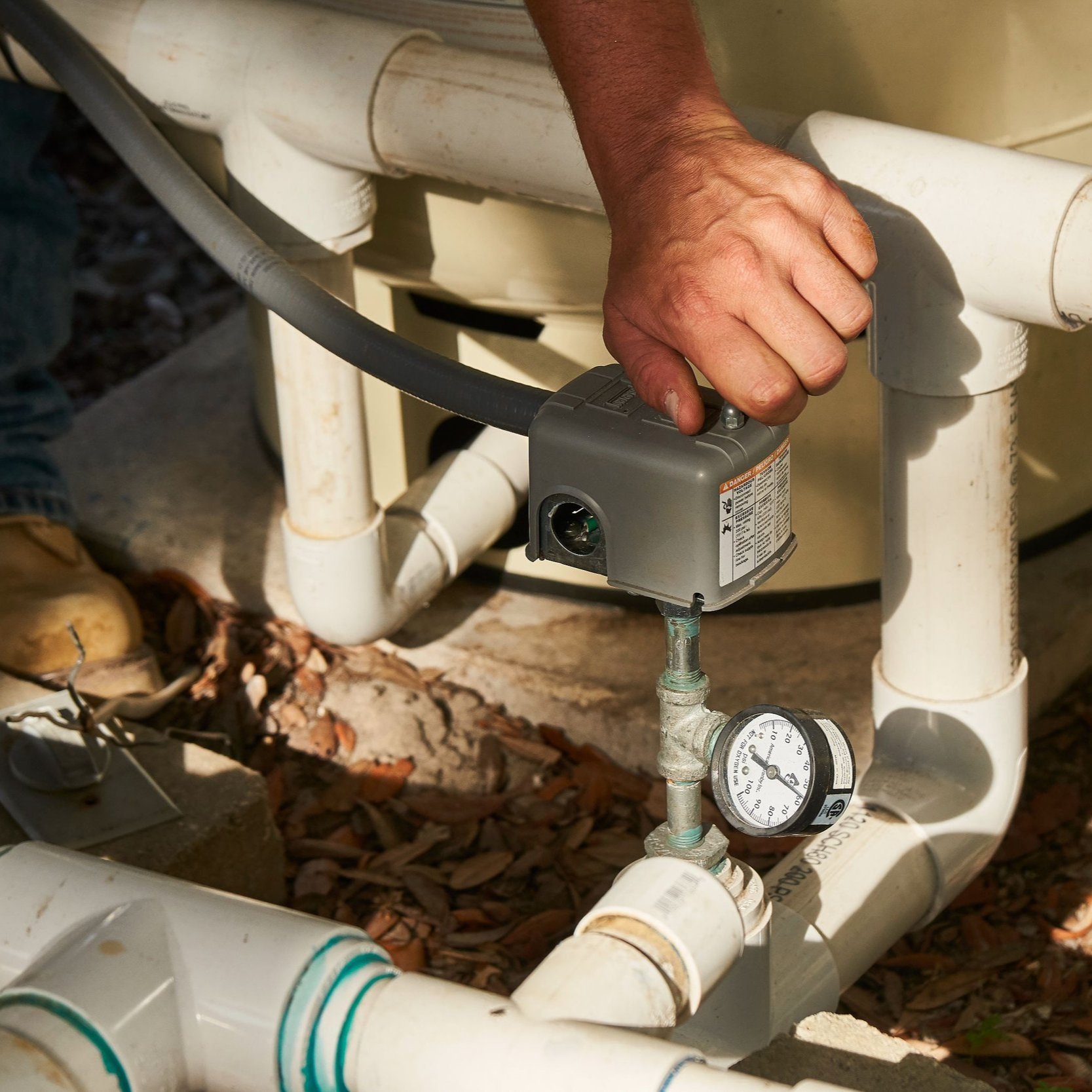Considerations Before Purchasing a New Transfer Pump
A reliable transfer pump plays a crucial role in moving water efficiently, whether for irrigation, household use, or industrial applications.
A reliable transfer pump plays a crucial role in moving water efficiently, whether for irrigation, household use, or industrial applications. Selecting the right pump requires careful evaluation of various factors, including performance specifications, durability, and compatibility with existing systems. Understanding these considerations helps prevent operational inefficiencies and the need for frequent water pump repairs.
Assessing Flow Rate and Pressure Requirements
A pump must meet a specific flow rate, and pressure needs to function effectively. Different applications, such as agricultural irrigation or residential water supply, require varying capacities. Evaluating the necessary gallons per minute (GPM) and pressure guarantees that the pump delivers consistent performance without overworking the system.
Choosing the Right Pump Type
Transfer pumps come in different designs, including centrifugal, diaphragm, and submersible models. Centrifugal pumps work well for high-volume, low-pressure applications, while diaphragm pumps handle more demanding conditions with varying pressure needs. Submersible pumps operate efficiently in deep water settings. Selecting the right type reduces strain on the pump and minimizes the likelihood of premature wear.
Evaluating Power Source Options
Transfer pumps operate on electricity, gasoline, or diesel, each suited for different environments. Electric pumps provide steady operation but require a reliable power source, making them ideal for residential and commercial use. Gasoline and diesel pumps offer mobility and independence from electrical connections, which is beneficial for remote locations or emergency use. Weighing power source availability and operational efficiency guides the best choice for specific needs.
Examining Material Durability
Pumps constructed from high-quality materials withstand harsh conditions and prolonged use. Corrosion-resistant stainless steel and heavy-duty cast iron provide durability for demanding applications. Plastic components work well in lightweight, non-industrial settings but may degrade over time. Investing in a pump built with resilient materials minimizes maintenance needs and extends operational lifespan.
Compatibility With Existing Systems
A new pump should integrate seamlessly with current piping, valves, and filtration systems. Differences in connection sizes, pressure ratings, and installation requirements affect compatibility. Professional water pump services assist in evaluating system specifications and confirming proper fit and function without requiring extensive modifications.
Considering Maintenance and Repair Needs
Regular maintenance keeps a transfer pump running efficiently and prevents unexpected failures. Models with accessible components simplify servicing, reducing downtime and costs associated with water pump repairs. Professional water well pump services provide routine inspections, identifying potential issues before they escalate into major concerns.
Accounting for Noise Levels
Some transfer pumps generate significant noise, which may pose a concern for residential or indoor applications. Selecting a model with noise-dampening features or enclosures reduces operational disturbance. For industrial settings, noise considerations depend on the installation environment and distance from occupied areas.
Factoring in Energy Efficiency
Energy-efficient pumps consume less power while maintaining optimal performance. Modern pump designs incorporate variable speed controls and advanced motor technology to reduce energy waste. Investing in an energy-efficient model lowers long-term operational costs and minimizes environmental impact.
Reviewing Warranty and Support Options
Manufacturers offer varying warranty periods and service agreements, affecting long-term reliability. Pumps backed by comprehensive warranties and readily available replacement parts provide peace of mind. Professional water pump services offer additional support, guaranteeing timely repairs and minimizing disruptions to water supply systems.
A carefully chosen transfer pump enhances water distribution efficiency while reducing maintenance concerns. Evaluating flow rate, power source, material durability, and compatibility leads to an informed decision. Professional water well pump services play a key role in maintaining system performance, extending the life of the pump, and preventing costly repairs.
Pump Repair Services provides residential and commercial well pump repair, transfer pump repair, and custom water treatment system services in the Orlando area. (Sorry, no pool pumps or sewer pumps.) We offer 24-hour emergency service. Call us to learn more.

